👋 Hi there!
It’s Daniel. If you’re here for the first time, welcome! Feel free to catch up with our previous editions:
🔗#1 — Take your CS degree seriously
🔗#2 — Learning computing concepts visually
🔗#4 — GenAI is here to stay in CSE
Now, on to this week’s edition!
An Introduction to AI Safety, Ethics, and Society
Introduction to AI Safety, Ethics, and Society is a free online textbook by Dan Hendrycks, director of the Center for AI Safety. It's designed to be accessible to a non-technical audience and integrates insights from a range of disciplines to cover how modern AI systems work, the technical and societal challenges we face in ensuring these systems are developed safely, and strategies for effectively managing AI risks while capturing its benefits. This book has been endorsed by leading AI researchers, including Yoshua Bengio and Boaz Barak, and has already been used to teach over 500 students through this virtual course. It's available at no cost as a downloadable text. They also offer lecture slides and other supplementary resources for educators on their website.
A self-paced CS program for practicing software engineers
Can you imagine someone trying to compile the best videos that teach foundational computer science concepts and put them together in some kind of index? I came across something that looks promising for learning computing foundations in a detailed and organized way: CS Primer Courses.
🔍 Resources for Learning CS
→ Josh Brake on Vibe Coding
The always provocative Josh Brake reflects on Vibe Coding in his most recent post. The entire post caught my attention, but this part really stood out to me:
What I found most interesting was the way that building in this way sparked my curiosity for more. After building the app, I'm more interested in learning more about how the tech stack works and the nuts and bolts of how the integrations work, and the connection between the frontend and backend database. I'm even a bit more curious about SQL, believe it or not (co-invented by a Harvey Mudd Engineering alum, by the way). What vibe coding enables you to do is to get a full pass of a prototype without needing all the information to start. With a little bit of curiosity and determination, you can get to a pretty decent place and then iterate from there.
→ Newsletter Recommendations for Learning CS
Reading newsletters, like listening to podcasts, is my daily medicine (I always try to read one or listen to an episode). Since this edition is about learning at your own pace, this time I want to recommend newsletters for learning CS concepts in depth:
These two newsletters can help you understand system design concepts:
This one has interesting ideas about different software engineering topics and practical use cases from tech companies. Big fan of their detailed diagrams explaining system architectures and workflows:
If you enjoy exploring backend and database internals, follow Hussein:
→ Designing Google Calendar's Database
Great introduction to database design and modeling. This tutorial walks through the design process for a real-world project of substantial complexity. The aim of the tutorial is to help you get from a vague idea of what you need to the complete definition of database tables.
Check the tutorial here.
This tutorial is basically a bonus chapter from the “Database Design Book”.
→ Machine Learning Visualized
ML algorithms implemented and derived from first-principles in Jupyter Notebooks and NumPy.
Here's the link to the GitHub repo.
Two good bites from the industry
→ 🎬 I liked this advice from NeetCode
Before reading the solution, focus on the specific part where you're stuck on a problem and ask yourself why you're stuck there. Is it because you don't have a clear grasp of the fundamentals? Is it because you don't know how to apply them in this particular situation? Think it through yourself instead of immediately looking for help.
→ The new OpenAI Podcast
OpenAI just launched a new podcast where they talk openly about what they're building and what's on the horizon. The goal is to have candid technical, ethical, and product discussions from an insider perspective. If you work with AI or simply want to better understand where everything is headed, enjoy it.
How do you teach Computer Science in the AI era?
A new article by Steve Lohr for The New York Times explores how universities nationwide are rethinking how they prepare students for a workforce transformed by generative AI. Among those weighing in is CRA and Computing Community Consortium (CCC) Director Mary Lou Maher, who discusses the importance of AI literacy and the future of computing education. The piece also highlights Level Up AI, a National Science Foundation (NSF)-funded initiative led by CRA in partnership with New Mexico State University and others. The effort brings educators together to build a shared vision for the next generation of computer science instruction.
While the road ahead for computer science education may be uncertain, the market for A.I.-assisted software is poised for growth, experts say. A.I. is a productivity tool, and every new wave of computing — the personal computer, the internet, the smartphone — has increased the demand for software and for programmers.

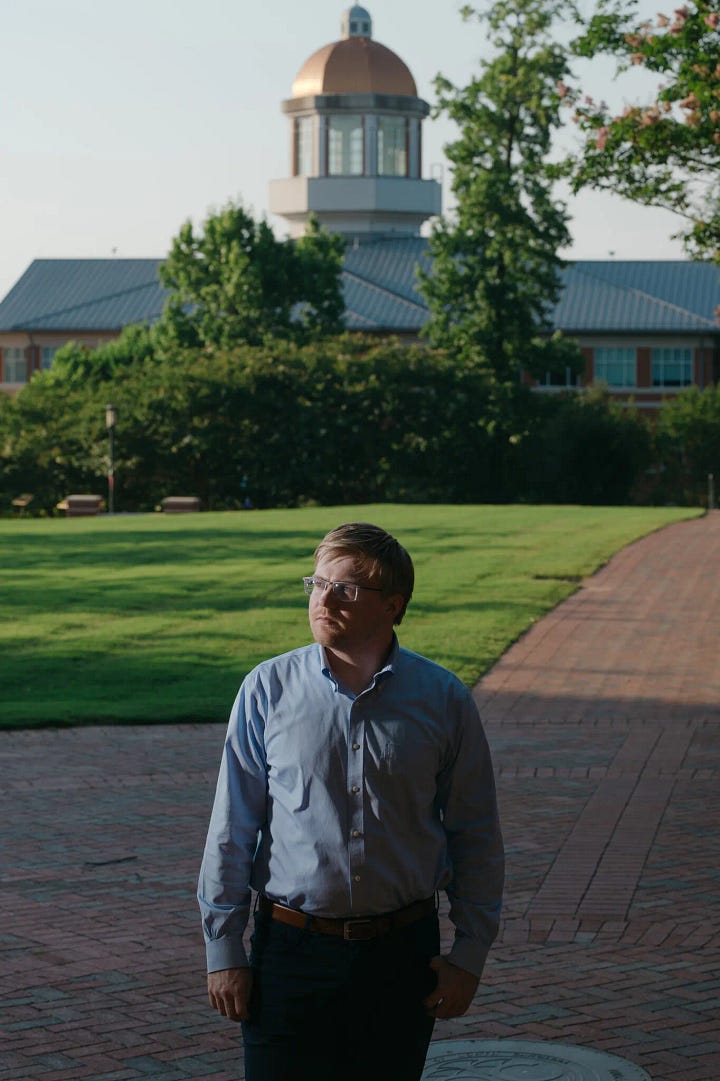
5 lessons from Lynda Barry's Syllabus
Know your learners - Start by putting yourself in their shoes, not in the curriculum. Barry uses questions in course applications to map the group before beginning.
Question your own teaching - Treat courses as living experiments. Constantly adjust: temperature, pace, timing, formats.
Explore your curiosities - Follow your own questions and interests. This gives students permission to do the same.
Build an interesting world - Create your own rules, language, and rituals. Barry uses routines like 2-minute self-portraits for taking attendance.
Add moments of celebration - Name students' progress to give them a narrative of achievement.
Syllabus by Lynda Barry (flip through)
🔍 Resources for Teaching in CS Education
→ Computing education research seminars
Great playlist on the Raspberry Pi Foundation's YouTube channel featuring videos from their Research seminars on many topics related to Computing Education like GenAI and undergrad CS education, teaching debugging in secondary school, or explaining programming error messages using AI.
You can sign up for upcoming seminars here.
→ A great tool for generating diagrams from a codebase
This tool has always made teaching easier when it comes to turning computing concepts into a mind map.
See an example here.
→ New CS-Ed Podcast Episode: Pivoting to Teaching Faculty
In this episode, Dr. Lindsay Jamieson, Teaching Professor and Associate Dean of Teaching Faculty for Northeastern’s Khoury College, shares her journey from a small liberal arts college to being Associate Dean of Teaching Faculty. They discuss what teaching-focused careers entail, how to assess positions, and what support and growth look like in these roles. Lindsay offers advice for making career shifts and reminds us that it’s always okay to change course if your current job doesn’t fit.
Listen here.
You can listen to all the episodes here.
→ Free ebooks for teaching computing and math
The books on Runestone.Academy are all free and open source textbooks. Feel free to browse the library and make use of these books in your courses.
→ Teaching kids to code
Laurent Haan developed Lightbot, an online puzzle game that is designed to teach basic programming concepts. The objective is to use programming logic to guide a small robot to light up all the blue squares on the board.
I've also been very impressed with CodeMonkey, which is designed for kids from 5-14 years old to learn block-coding, text-coding, CoffeeScript and Python all while playing!
I know there are more options like CodeCombat or CodinGame, but I haven't tried them yet. I'd love to learn about more alternatives in the comments. If you know of others oriented toward the elderly, those would interest me too.
🌎 Computing Education Community Highlights
The 26th Annual ACM Conference on Cybersecurity and Information Technology Education (ACM SIGCITE; formerly ACM SIGITE) will be held November 6-8 at Cosumnes River College in Sacramento and will accept submissions for papers, student papers, lightning talks, panels, tutorials, and posters until August 3.
Are you looking for ways to increase student engagement and success? Learn how to use free and interactive ebooks on the open-source Runestone platform for computing and math courses. There are over 90 free ebooks for computing and math. There are ebooks for Advanced Placement CS, CS1, and CS2. To register, fill out this form. Kudos to Dr. Barbara Ericson and Dr. Brad Miller for hosting this series of webinars about Runestone Academy.
The UK and Ireland Computing Education Research (UKICER) conference, is taking place in Edinburgh September 3rd to 5th. Registration is open now, early bird rates will apply until and including Monday, August 4th.
🤔 Thought(s) For You to Ponder…
Abi Noda's Experience as a Reviewer for the SEIP (Software Engineering in Practice) Track at ICSE (International Conference on Software Engineering), the most prestigious software engineering Research Conference, which he uses as an opportunity to give recommendations for getting the most out of these conferences:
In case you're interested, in November 2024 I wrote about my experience at the Koli Calling conference in Finland, where I presented the paper: “Student-AI Interaction: A Case Study of CS1 students”. You can read about my experience here.
This video got me thinking a lot this week since I left my job in the industry at the end of June. I completely agree:
Amazon pays a ton, like seriously a ton, especially compared to other companies in our area. It’s life-changing money for people like my husband and me who live pretty modestly. We don’t have a lot of big expenses. So when I started thinking about leaving the company, I naturally wondered if I’d regret walking away from the stock options and that salary. But so far, the only thing I actually miss is the paycheck. A PhD isn’t something you do for the money. It’s something you do because you have this thirst for knowledge and specialization that you really can’t satisfy doing anything else.
📌 The PhD Student Is In
→ Tips on Writing a Research Paper and PhD advising
I know I'll be doing a lot of writing over the next five years for my PhD and beyond as an academic, so I've been looking for resources on how to write research papers. These two have been the most helpful:
Tips on Writing a Research Paper by Thomas Reps
Writing in the Sciences on Coursera
I also read some great stuff about PhD advising and mentoring this week, which gave me some good ideas. In case it's helpful:
→ Open to guest suggestions for the pod
I'm thinking about possible guests for the next few months, so if you have a topic you'd like me to talk about, feel free to let me know in the comments or by email at dprol@uh.edu.
🪁 Leisure Line


Next Monday marks the start of an activity that I'll be leading for the first time in my life as a Chair. More than 40 university students are coming to Barcelona to study management for a week. This year, I've also included some AI in the curriculum, of course. I'll be acting as host and leading some discussions with IESE professors and entrepreneurs, which I'm very excited about.
📖📺🍿 Currently Reading, Watching, Listening
Two recommendations for this week:
The movie I watched is Warfare. It's an unusual "war" movie due to its high realism—without music or spectacular sound effects, it's tense, full of details, and describes the events as they were, without embellishment. It's on Amazon Prime.
On the music front, if I was on repeat with Eliza and Burr's EPs, now with King George III's, I can't even tell you how much. It's a superb musical that I'm revisiting these days.
That's all for this week. Thank you for your time. I value your feedback, as well as your suggestions for future editions. I look forward to hearing from you in the comments.
Quick Links 🔗
🎧 Listen to Computing Education Things Podcast
📖 Read my article on Vibe Coding Among CS Students
💌 Let's connect on LinkedIn!






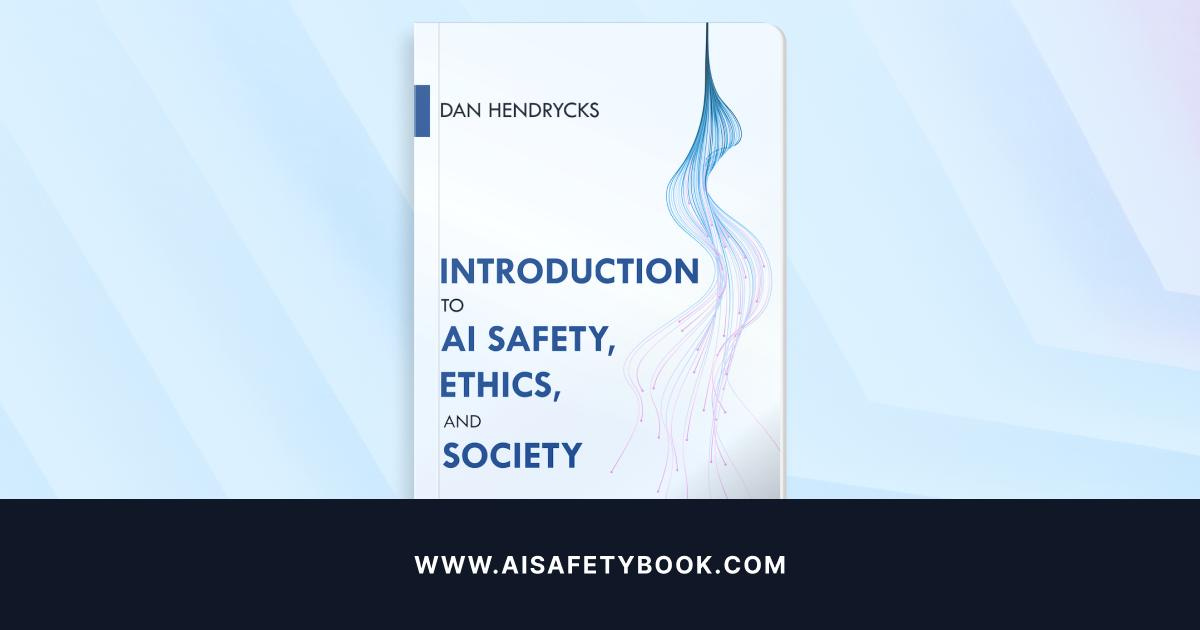






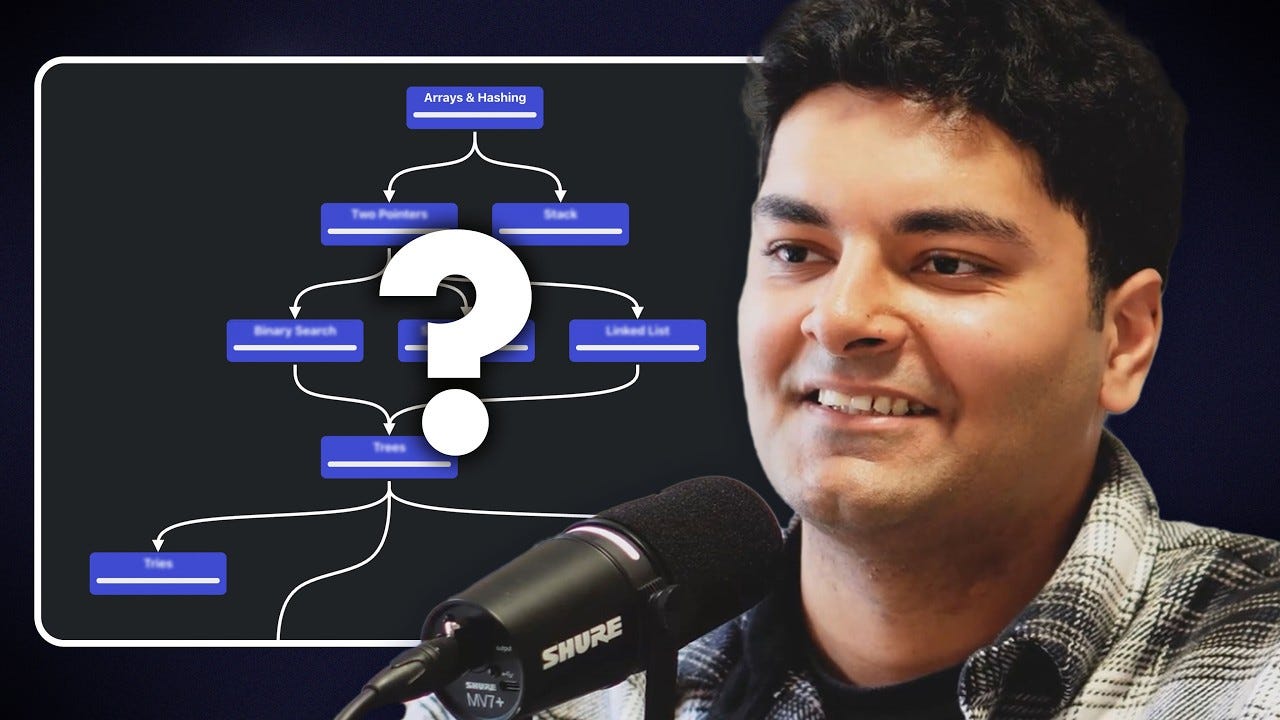


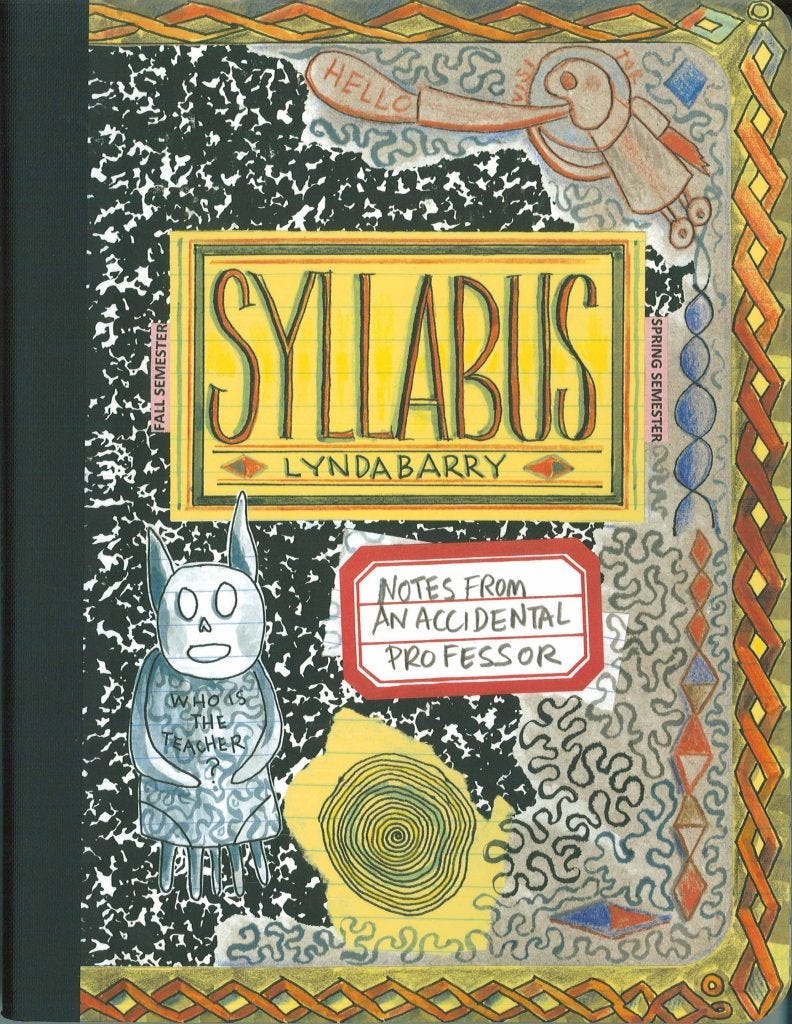


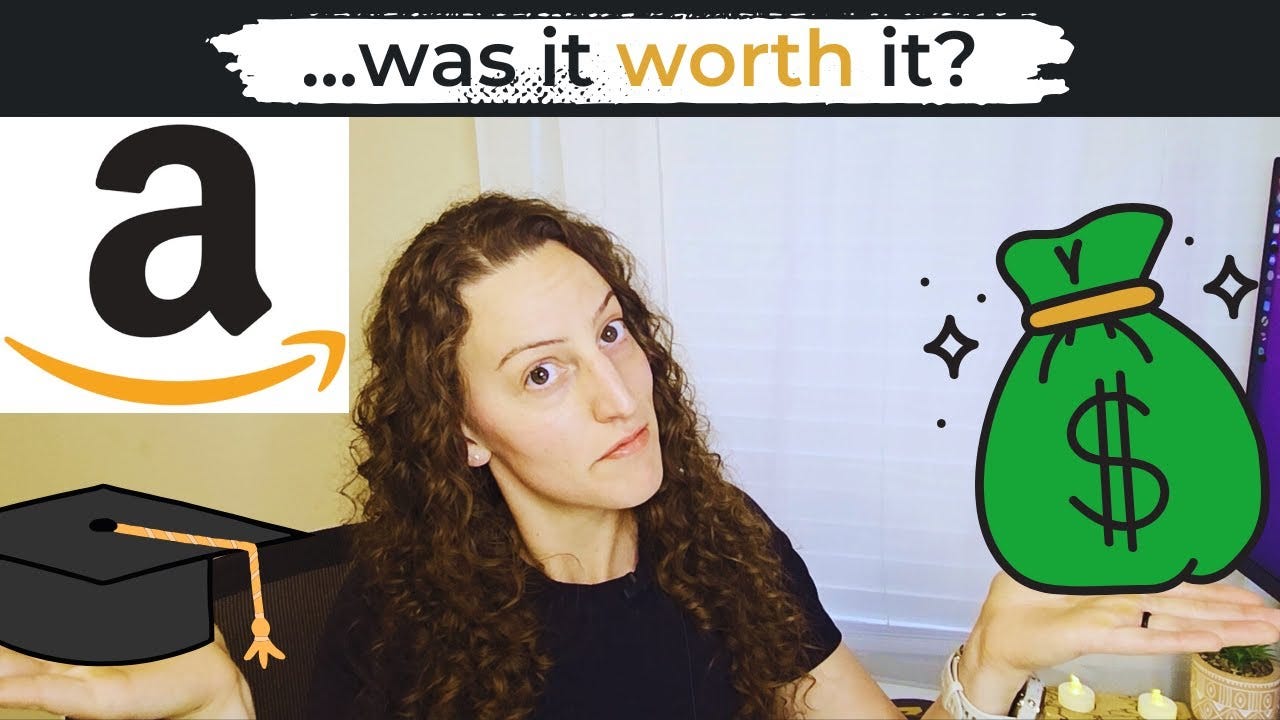
![Amazon.com: Warfare [Blu-ray] : Alex Garland, Ray Mendoza, D'Pharaoh Woon-A-Tai, Will Poulter, Cosmo Jarvis: Películas y TV Amazon.com: Warfare [Blu-ray] : Alex Garland, Ray Mendoza, D'Pharaoh Woon-A-Tai, Will Poulter, Cosmo Jarvis: Películas y TV](https://substackcdn.com/image/fetch/$s_!huJp!,w_1456,c_limit,f_auto,q_auto:good,fl_progressive:steep/https%3A%2F%2Fsubstack-post-media.s3.amazonaws.com%2Fpublic%2Fimages%2F36530e3a-8db6-4d82-9a3a-89f8a63f1027_970x600.jpeg)
